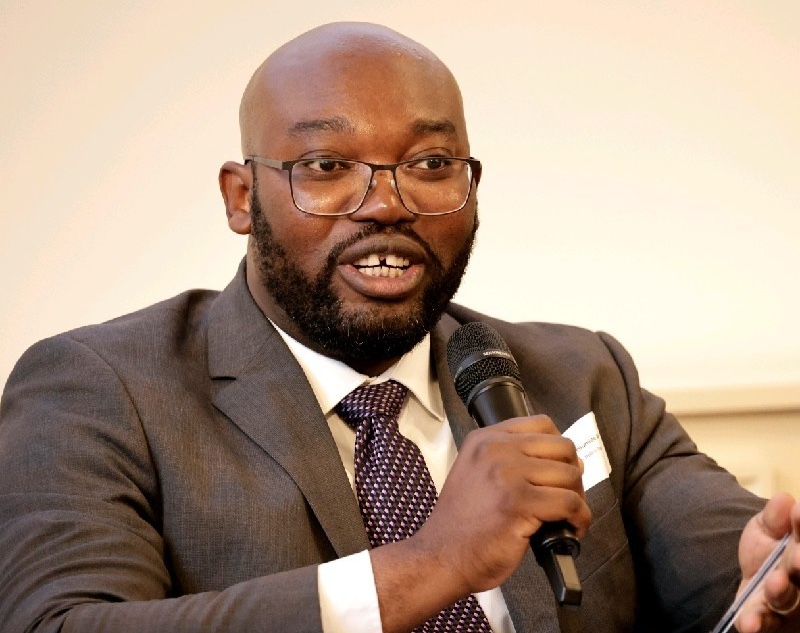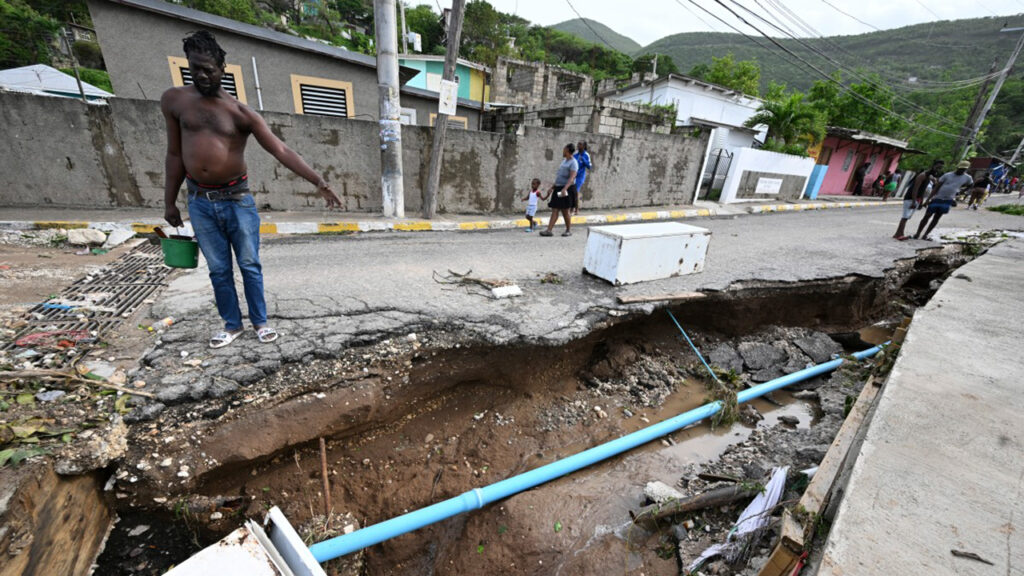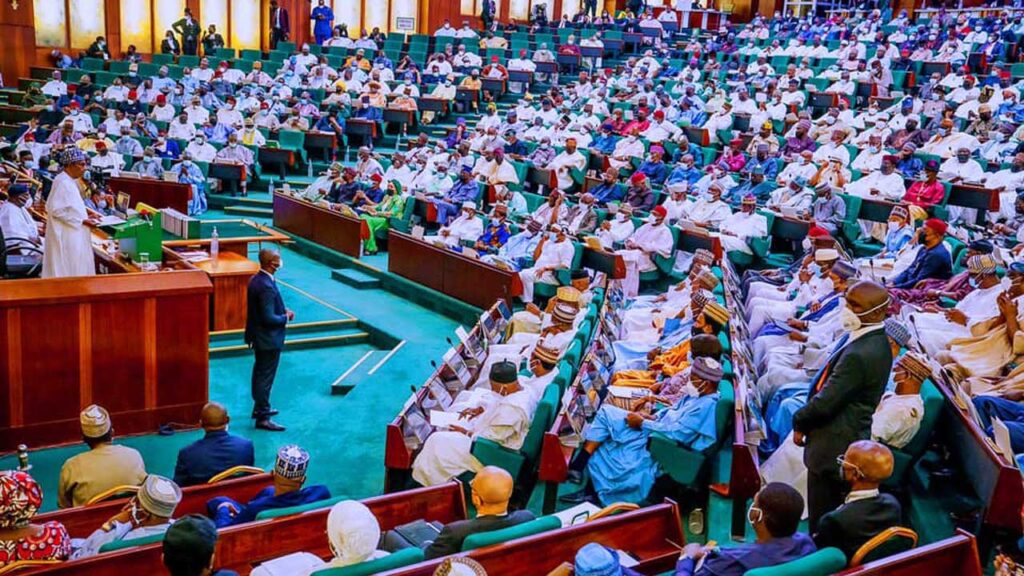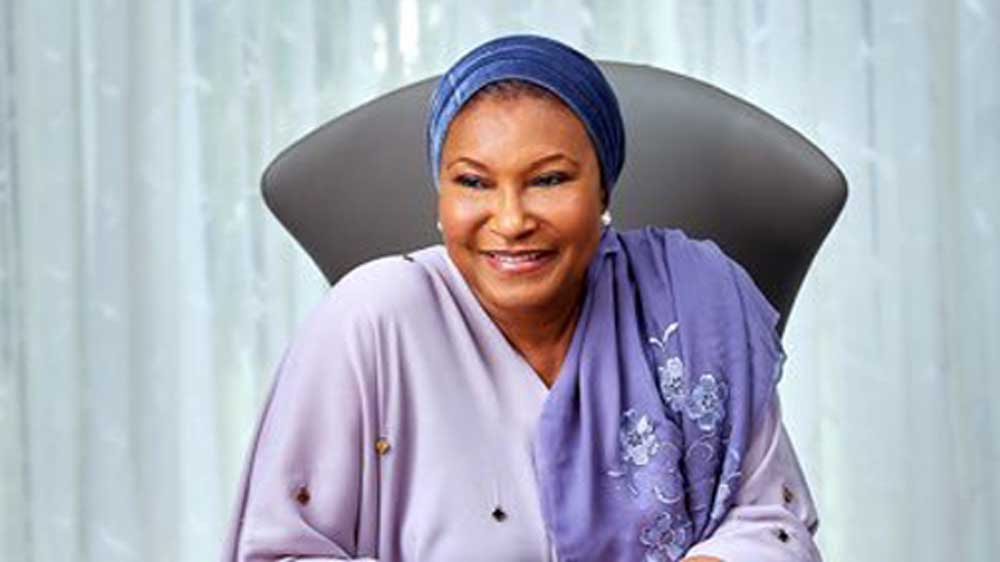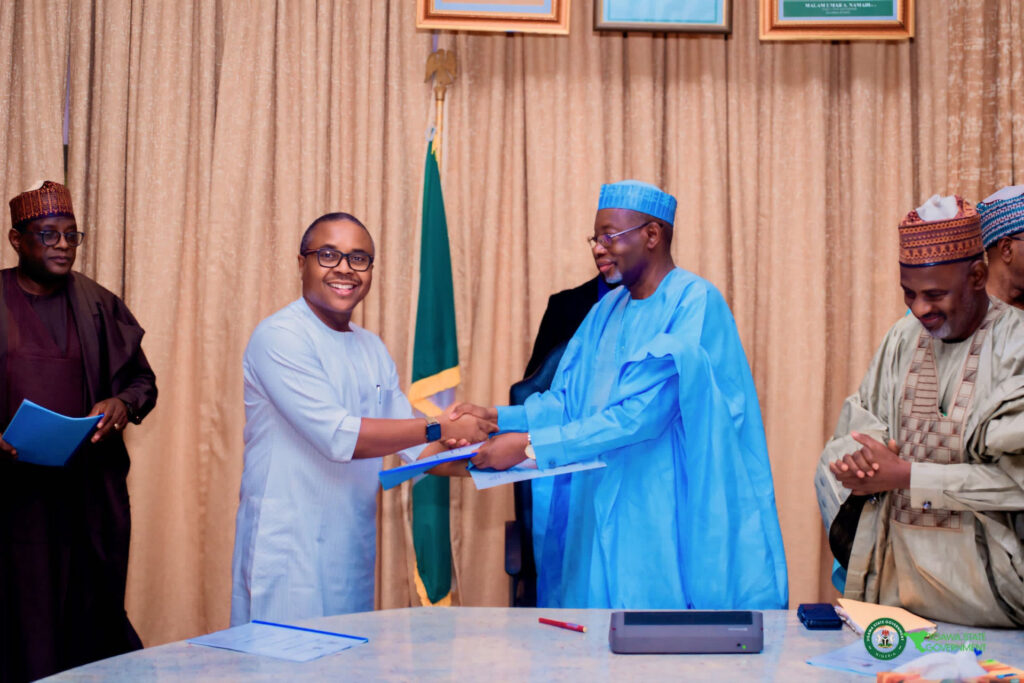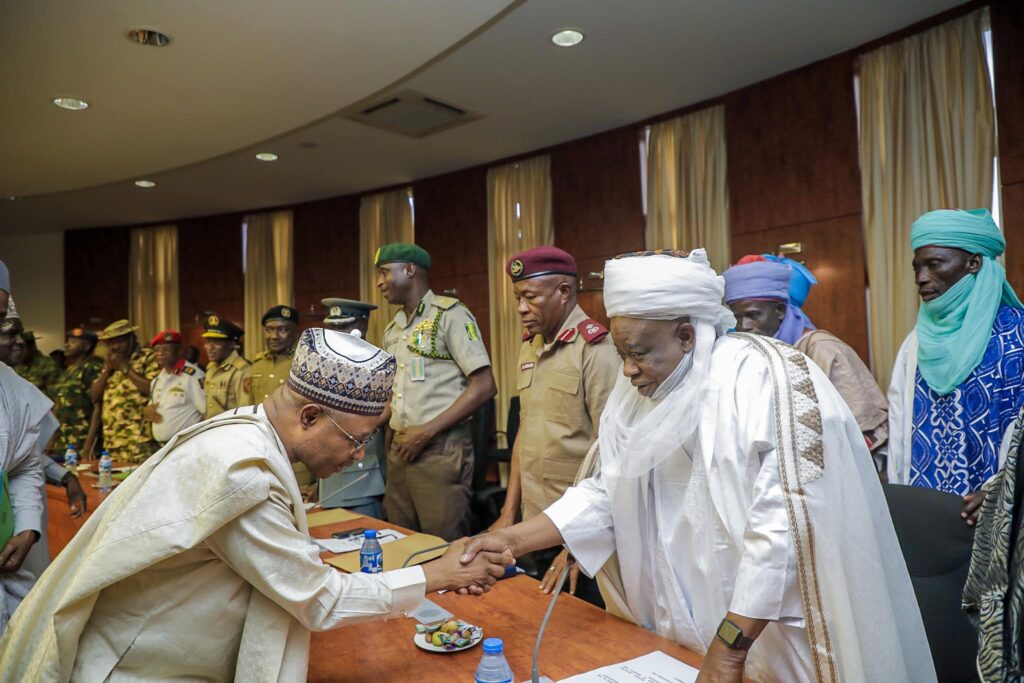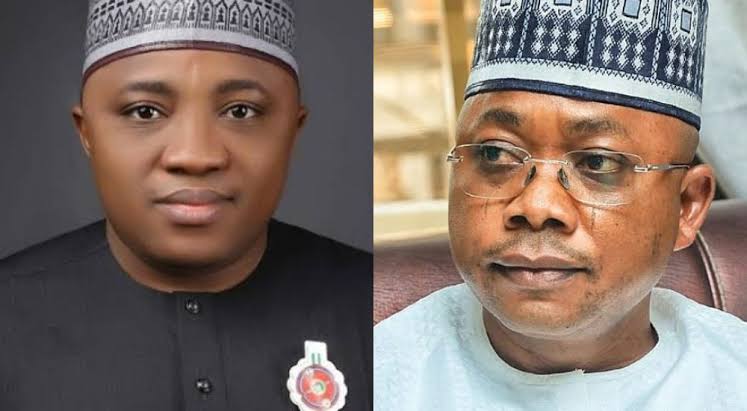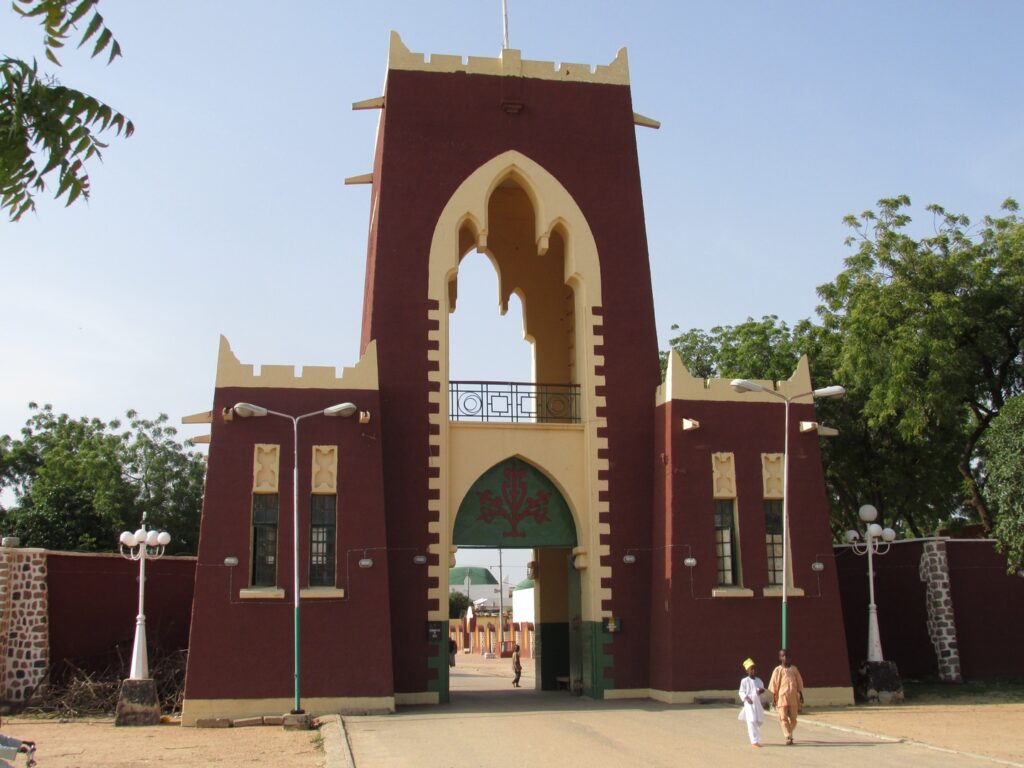
The Executive Director of the Africa Policy Research Institute (APRI), Dr. Olumide Abimbola, has revealed that Nigeria has spent over $31 billion to mitigate the impact of floods and droughts on its citizens.
Abimbola disclosed this in Abuja during a high-level stakeholder event, organised by APRI and the Enzi Ijayo Africa Initiative, to discuss how to unlock the required level of climate financing.
He stated that the $31 billion was expended between 2012 and 2018 when the country experienced severe weather events, including floods and droughts.
“We know that climate change is already inflicting immense damage on lives and livelihoods, often on people who have the least capacity to adapt to its effects, such as those in Africa. In Nigeria, specifically, the six years between 2012 and 2018 witnessed severe weather events in the form of floods and droughts that cost the country over $31 billion.”
Noting that the country received only $2 billion in climate financing in 2023, he regretted that this amount is only a small fraction of what is needed in the energy sector alone, not to mention for a climate transition across the entire economy.
He maintained that increasing the amount of climate financing that Nigeria needs will not come simply from articulating a vision for climate action but from shaping what a just climate transition will look like and implementing fact-based and realistic reform initiatives.
He said, “For us to do this, we need to reflect internally and evaluate actionable pathways for Nigeria’s low net emissions growth. We also need to ask ourselves critical questions, such as: is Nigeria doing the right things the right way?
“Should we be looking to design more flexible strategies in the short, medium, and long term? And how do we ensure that key civil society voices are part of the discussion and implementation?”
He said that the event was informed by the need to reflect on Nigeria’s climate strategy to provide pragmatic and useful inputs to the policymaking process that is guiding its climate transition.
“And while Nigeria has made significant strides in its climate adaptation efforts, such as submitting its updated Nationally Determined Contributions to the United Nations Framework Convention for Climate Change (UNFCCC), passing the Climate Change Act, and establishing the National Council on Climate Change, the level of climate financing it has received falls far short of what is needed for the transition.”
The Minister for Budget and National Planning, Senator Atiku Bagudu, represented by his Special Assistant Bolaji Onalaja, noted that the effects of climate change in Nigeria are apparent, from desertification and the shrinking of Lake Chad to the degradation of mangrove forests and frequent floods.
“There is a need to raise financing and fund the energy transition, but at the same time, we face a challenging fiscal environment and short-term priorities.
Despite this, the administration led by President Bola Ahmed Tinubu has consistently prioritised the mainstreaming of climate action, such as including an N130 billion energy transition fund in the 2024 budget and implementing the Presidential Compressed Natural Gas Initiative.”
“I thank APRI for taking the initiative because Nigeria needs the help and support of such institutions to provide strong evidence-based research, leverage international networks and relationships for donor support, and catalyse private sector funding.”
In his closing remarks, Charles Wanguhu, Director of the Enzi Ijayo Africa Initiative, noted that African countries have unique challenges with regard to climate transitions but regretted that there are still commonalities across the continent.
“There is a need for having a pipeline of climate adaptation projects that are bankable, that are not high-risk, and that can receive fiscal incentives – whether from governments or development finance institutions – to stimulate the needed investments,” he said.
“This is why it is important for policymakers to begin to think about what kinds of government incentives they can offer and what their policy interventions will be to achieve the just transition that is required.”

